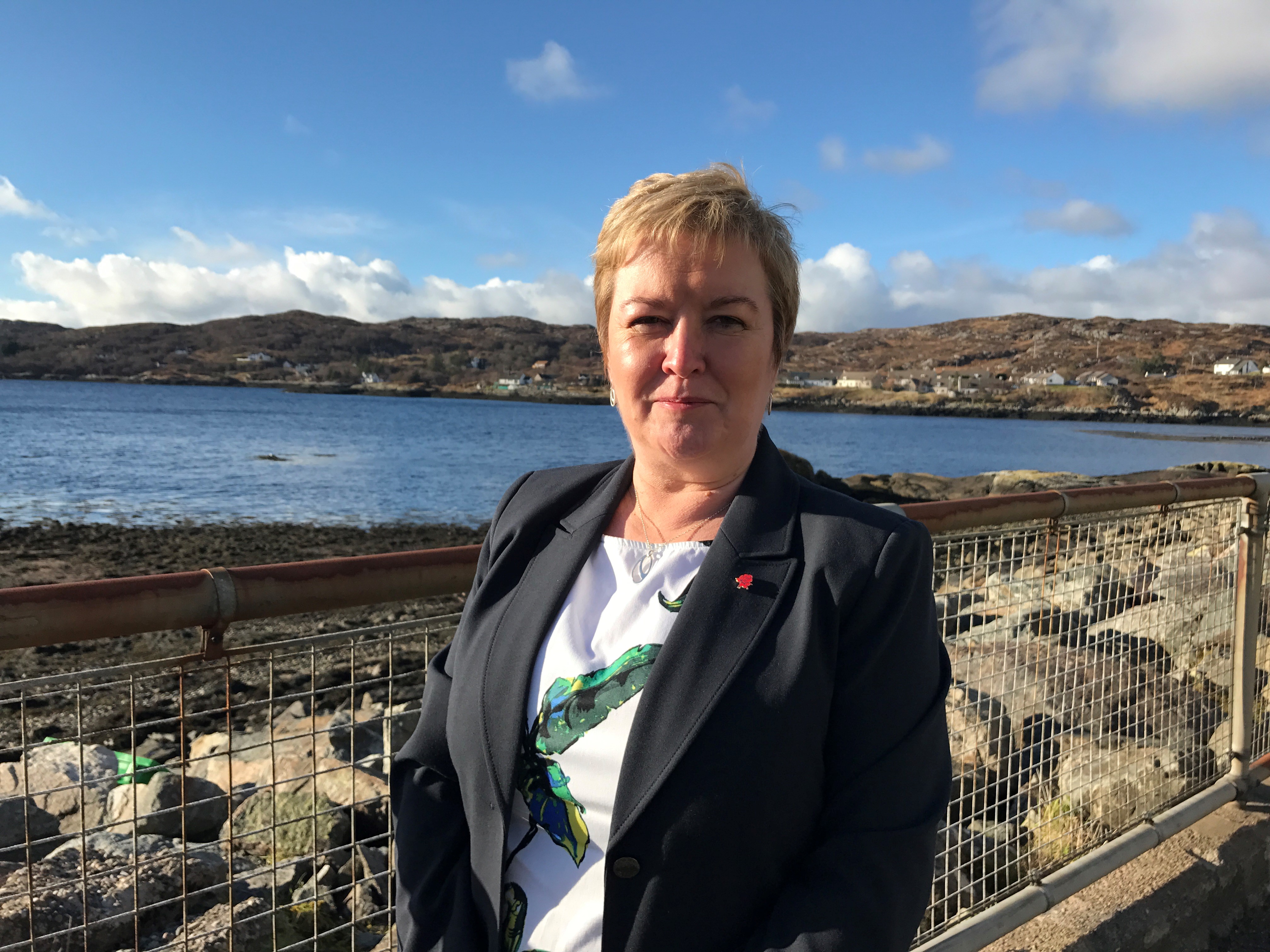Highlands and Islands Labour MSP, Rhoda Grant, has been told that NHS Highland is developing a model which will help care home staff during the Covid 19 pandemic.
Mrs Grant has now received a response from the health authority after last week criticising it for a lack of information on how care home residents and staff can be protected during the Coronavirus crisis.
NHS Highland’s Interim Chief Executive, Paul Hawkins, apologised for the delay but said he recognised “the vulnerability of this section of society” particularly during the pandemic.
He continued: “NHS Highland is developing a model of care which will see nurses and allied health care professionals supported by medical colleagues to work with existing care home staff and where appropriate supplement care home staff,” said Mr Hawkins.
“They also provide a higher level of supportive care to enable the older person to be cared for in their own home.”
The Interim Chief Executive stressed this was in the planning phase but continued: “this will not replace the requirement for acute hospital care should any person suffering from Covid or any other illness require this level of intervention in a hospital setting”.
Mrs Grant said: “This is a welcome move and I do hope its implementation can be brought in as soon as possible.
“Nationally, recorded coronavirus-related deaths in care homes make-up a third of the overall number of deaths and that is worryingly high.
“There has also been some reassurance that levels of personal protective equipment are being monitored and I hope that care homes and other health services in our region are finding adequate supplies.”
The letter said it was important that care homes were supported to provide end of life care and outlined efforts that were being made with help from Highland Hospice, Marie Curie and Macmillan.
Additional purchase of equipment including syringe drivers to administer medication to people in the last stages of life, as well as a range of supportive resources for unpaid carers and welfare support for staff, were in the process of being made available for community and care homes settings.
NHS Highland said staffing levels and the availability of personal protective equipment for care homes was monitored daily and the board medical and nurse director plus the director of social care had been working together on the deployment of a care home support team.
Mrs Grant contacted NHS Highland as early as March 26 after a constituent, who had relatives in a care home, asked about the protocol if residents were to be kept out of hospital and have appropriate treatment as well as palliative care where required.
Questions were asked about protective equipment, oxygen and other necessary supplies for care homes, plus the recruitment of additional staff for care homes and particularly more staff qualified to deal with the health complications of the virus.
The constituent, who wanted to remain anonymous, lived in Inverness but had relatives out-with the region.
Mrs Grant last week raised her frustration at not receiving any reply from NHS Highland, while recognising the difficult times for the health authority, for front-line staff and for the Scottish Government, lack of information was frustrating and unsettling, especially for those who have loved ones in care.

